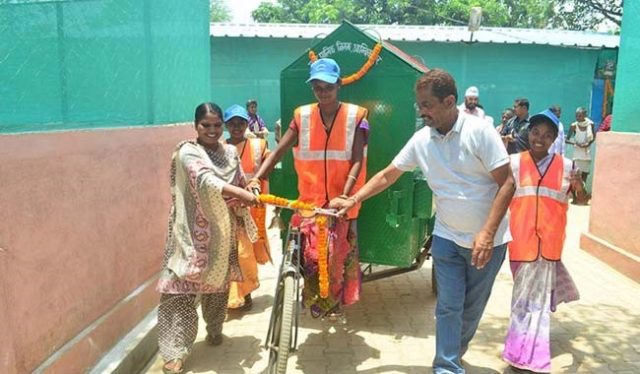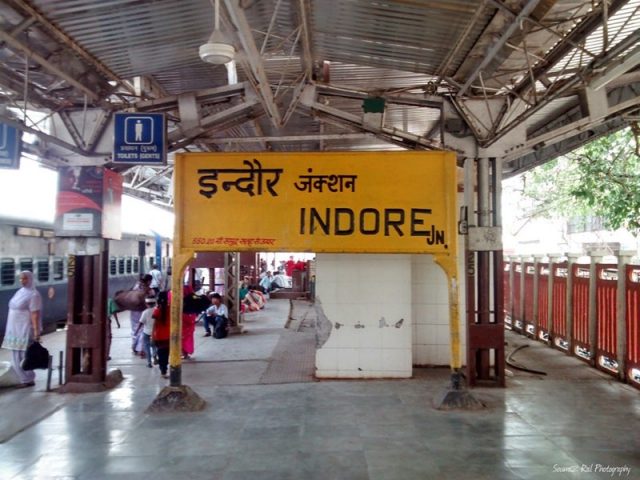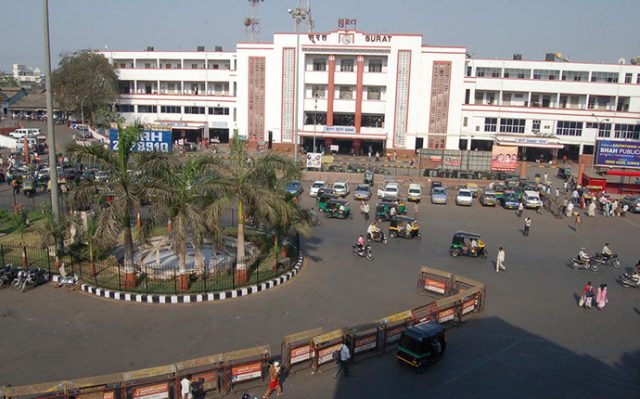The environment has suddenly become an issue that India is being forced to acknowledge. First introduced in 2016 with the Swacch Bharat Abhiyan, yes, that is when the people of India actually got to know that maybe their country is dirty, it got viral due to, selfies.
Selfies of people and celebrities holding a broom daintily in their hands while giving proof to the world of them cleaning up their area. But the hype around the campaign fizzled out pretty quickly and it was soon pushed to the sideline for the next big viral trend.
But Ambikapur, a city from Chattisgarh proves that some have not stopped in their efforts to make their environment cleaner and greener. Ambikapur has become a zero waste city, which means that the city has no open dumping grounds, recycles its waste and even generates revenue from it.
What Has Ambikapur Managed To Do?
It was in early 2015 that the authorities of Ambikapur felt that it was high time something is done about the garbage problem they were facing and thus set about the path of making their city clean again.
United as a whole, the city came together to clean the streets and focused on segregation of the waste more than anything.
The 2,500 households in Ambikapur all follow this method of separating dry and wet garbage, after which, a team of 403 women goes door to door every day at 7 am, collect this garbage for it to be then transferred to a secondary segregation centre where the garbage after being put into 38 different categories is sent off for processing like recycling, composting, etc.
As of now, the city has 100 garbage trucks with separate compartments for each of the 2 kinds of garbage, 17 segregation centers that go through a total of 25 kgs of waste collected from the city and was the 1st city in Chattisgarh that officially became open defecation free.
In less than 2 years, Ambikapur has achieved a lot when it comes to proper waste management, so much so that it even generates a revenue of Rs. 13 lakhs and has empowered its women, who collect the waste, financially.
But What About The Other States?
While Ambikapur is definitely an example in itself, there are also various other cities in the country that have done their bit to control pollution and do better waste management.
In a recently conducted Swachh Survekshan, Indore topped the list of cleanest city in India, followed by Bhopal, Vizag, Surat, and Mysore.
Indore in 2014 ranked at a measly 149 place and in about 3 years has risen to the top only with the dedicated efforts of the Indore Municipal Corporation along with help from the residents of the city.
Just like Ambikapur, Indore too focused on raising awareness about waste management and open defecation, door to door waste collection, more stringent supervision of waste collection and its segregation, and recycling the waste to improve the city.
As per news reports, Indore uses the plastic it generates to construct and repair its roads.
Along with that, one must also mention Mysore’s citywide organization of ‘Let’s Do It’ that is made up of the citizens of the city who are working towards raising awareness about environmental issues and clean community.
Tiruchirapalli that ranked 6th in the Swachh Survekshan also devised an interesting way to get people to do better waste management. During the Vaikunta Ekadesi festival held at Srirangam, they created a contest through which they asked the residents to hand over any plastic items they found to one of the collection centers installed by the corporation.
The people who handed these items over would then be entered into a lucky draw to win gold coins, silver coins or LED lights.
Surat is another city that is doing extremely well in waste management and its ranking as being the 4th cleanest city in India proves that. Surat’s drainage system and water distribution is computerized, it also has a modern sewage treatment plant that converts the city’s waste into energy.
Thus, one should not think based on a few popular cities that the waste management problem in India is being ignored. Many cities apart from the ones mentioned above have their own campaigns and initiatives to create a cleaner city. The difference lies in the overseeing done by the municipal corporation of the city and how well the residents and corporation come together to make a change.
Image Credits: Google Images
Other Recommendations:
http://edtimes.in/2017/08/should-we-create-or-consume-to-save-our-environment/




































